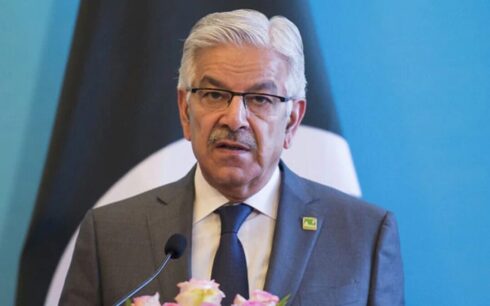The United Nations World Food Program (WFP) has sought $26.3 million to provide crucial assistance to the displaced Afghan population as deportations continue in Pakistan.
On September 15, Pakistan issued an order mandating the departure of all undocumented Afghan nationals by November 1, under the threat of deportation. This directive affects approximately 1.7 million Afghans currently residing in the country, although specific figures regarding the undocumented population vary.
Since the issuance of the order, over 404,000 individuals have returned to Afghanistan, where they now face the challenges of an impending harsh winter, as stated by the UN agency.
The WFP says it is actively present at two border crossings, delivering essential cash assistance to families to meet their basic food needs, according to Pakistani media.
Returning individuals confront a daunting future in Afghanistan, where one-third of the population is uncertain about their next meal, and some areas in the west are grappling with the aftermath of multiple earthquakes.
Due to funding shortfalls, the WFP has been compelled to reduce emergency assistance this year.
In March, the UN refugee agency UNHCR acknowledged that Pakistan has hosted 1.35 million registered refugees. The organization commended Pakistan for its longstanding tradition of offering protection to refugees and asylum-seekers.
The UN statement emphasized that the current refugee population primarily comprises Afghan refugees holding Proof of Registration (PoR), alongside a small number of non-Afghan refugees and asylum-seekers from countries like Myanmar, Yemen, Somalia, and Syria.
However, Pakistan has faced recurrent criticism from human rights advocacy groups since the issuance of the deportation order for undocumented foreigners. Both UN agencies and the U.S. have urged Pakistan to reconsider its refugee policy.





